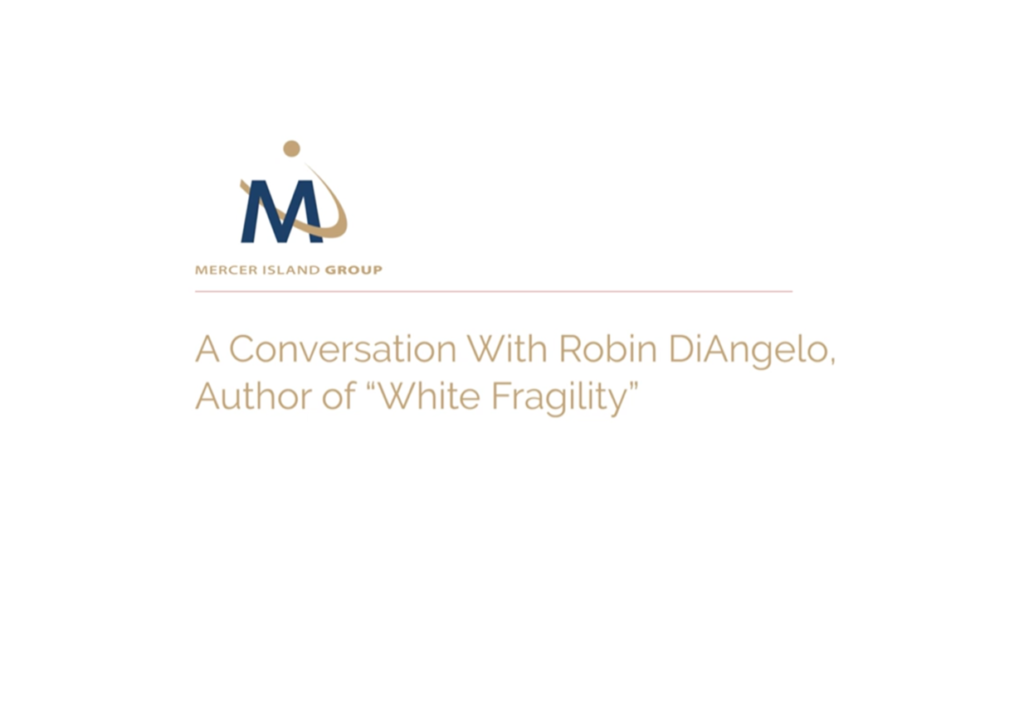Written by Robin Boehler
Whether we look back 100 years at the creation of the Aunt Jemima Mammy logo, or just back to 2012 to the posting of a PopChips video with Ashton Kutcher in brown makeup playing an Indian character, we come face to face with the reality that brands have not moved on from using racist stereotypes. Examples abound all the way through H&M’s recent debacle with a photo of a black child modeling a hoody with the words “Coolest monkey in the jungle.” While many would like to think that brands have moved beyond such racist stereotypes, we know that the progress is too little and too slow. What is most stunning is the reaction when companies and ad agencies get called out on these kinds of egregious errors. “I didn’t know that was racist.” “It was just a parody.” “We were just trying to show contrast.”
If these examples have taught us anything, it’s that there is a lot of work to do both within the advertising industry and in the boardrooms of companies where the decisions are made to put these images out into the world.
The spring and summer of 2020 will forever be remembered for the inescapable reality of racism in America. Black Americans face obstacles White Americans can hardly comprehend. This touches criminal justice, the workplace and the economy. In the advertising industry it will also be remembered for what I hope will be a lasting examination and revolution regarding the role advertising plays in systemic racism.
To tackle this issue I asked my good friend and longtime colleague Robin DiAngelo, author of White Fragility, to allow me to interview her so that we (Mercer Island Group) could contribute constructively in paving the path forward. My hope is that this video will be instructive for advertising agencies of all shapes and sizes, and for companies that advertise. Most of these agencies and companies have few if any people of color in their organizations, and even fewer who are Black. As Robin discusses in her book, it is critically important for white people to have “racial humility” and to not exempt themselves from the “unavoidable dynamics of racism.”
“Advertising plays such a foundational and critical role in how all of us understand the world, how we see ourselves, how we see others, and how we see ourselves in relationship to others.” – Robin DiAngelo
I urge you all to read her book. Until then, I hope you will find our interview enlightening and helpful. Bennett D. Bennett, co-founder of the group 600 & Rising, recently discussed how the advertising industry must commit to change from within to address the problems that plague the industry.
We look forward to the next chapter where agencies and the companies they serve undergo their own racial justice transformation. It’s clear that individuals within those organizations must themselves be committed to being more anti-racist. We look to the industry as a whole and are happy to help in any way we can.
To learn more about Robin DiAngelo visit her website.
Robin Boehler is a co-founder of Mercer Island Group. Robin has managed hundreds of agency searches and relationships for businesses of all sizes and types, like Ahold Delhaize, Starbucks, American Century Investments, PEMCO Insurance, PetSmart, Seabourn, Avis Budget Group, Sargento, Ulta Beauty and dozens of other blue-chip firms. She also has consulted to a wide array of agencies including Digitas, Periscope, DaviesMoore, W&K, GS&P, Havas, Cactus, DNA and many others. Robin’s unique ability to work with teams and help improve organizational productivity is the direct result of an eclectic background including her degree in Human Development and Family Studies from Cornell University. Robin is a frequent speaker, having presented and keynoted at events sponsored by the BMA, the 4As, AMI and others.
